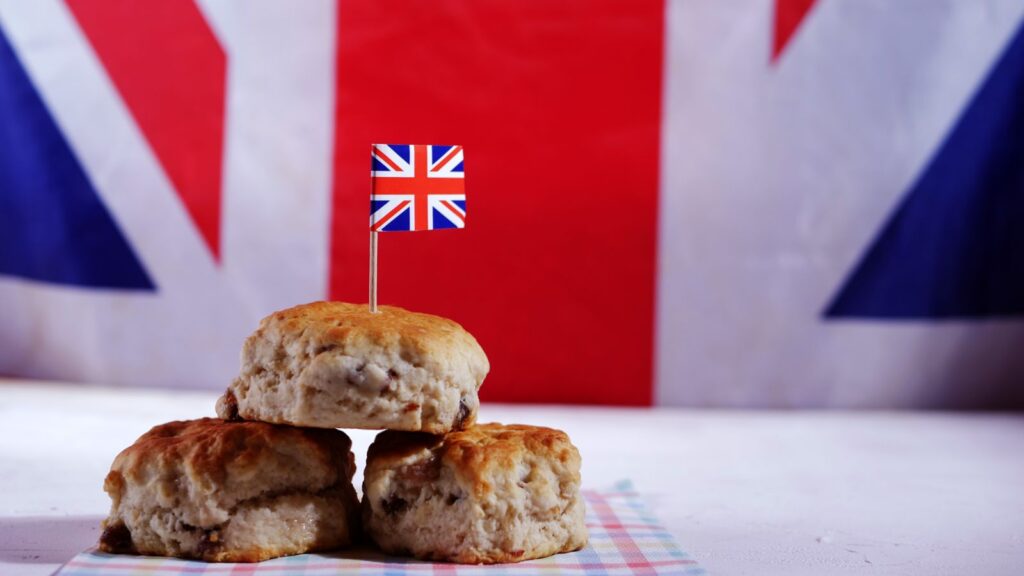British food has long been the butt of many jokes and criticisms, often labelled as bland, boring, or just plain odd. However, many of these stereotypes are outdated or simply untrue. The culinary scene in the UK is diverse, after all, so let’s debunk 19 myths about the UK menu.
It’s All About Fish and Chips
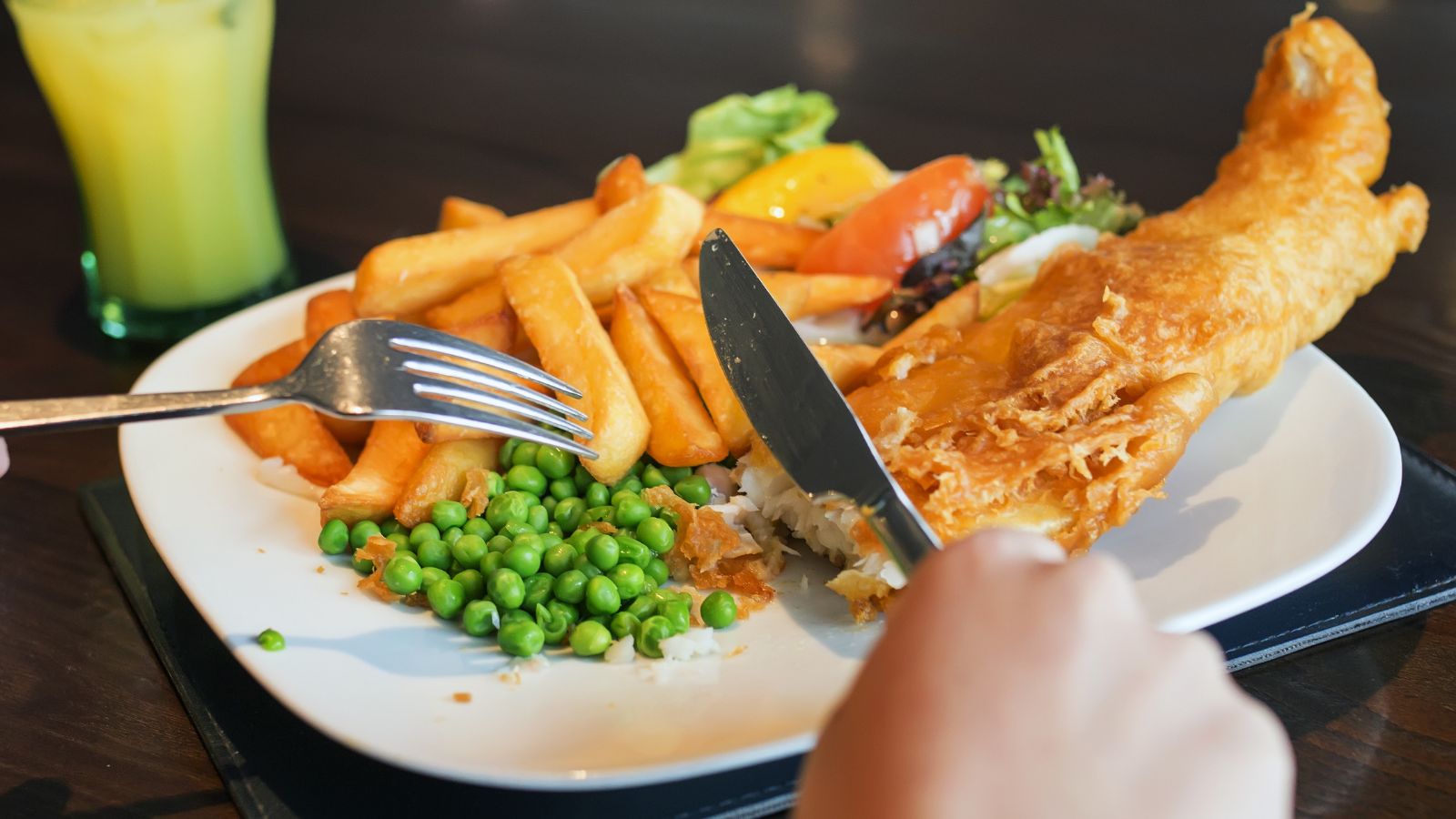
“It’s a longstanding tradition in the UK that fish is eaten on a Friday,” says Great British Mag, and while fish and chips are iconic, British cuisine is much more than this beloved dish. The UK boasts a wide range of regional specialties, including Cornish pasties, Yorkshire puddings, Scottish haggis, and Welsh rarebit. Each region has its own unique culinary heritage, contributing to a diverse national food culture.
British Food Is Bland
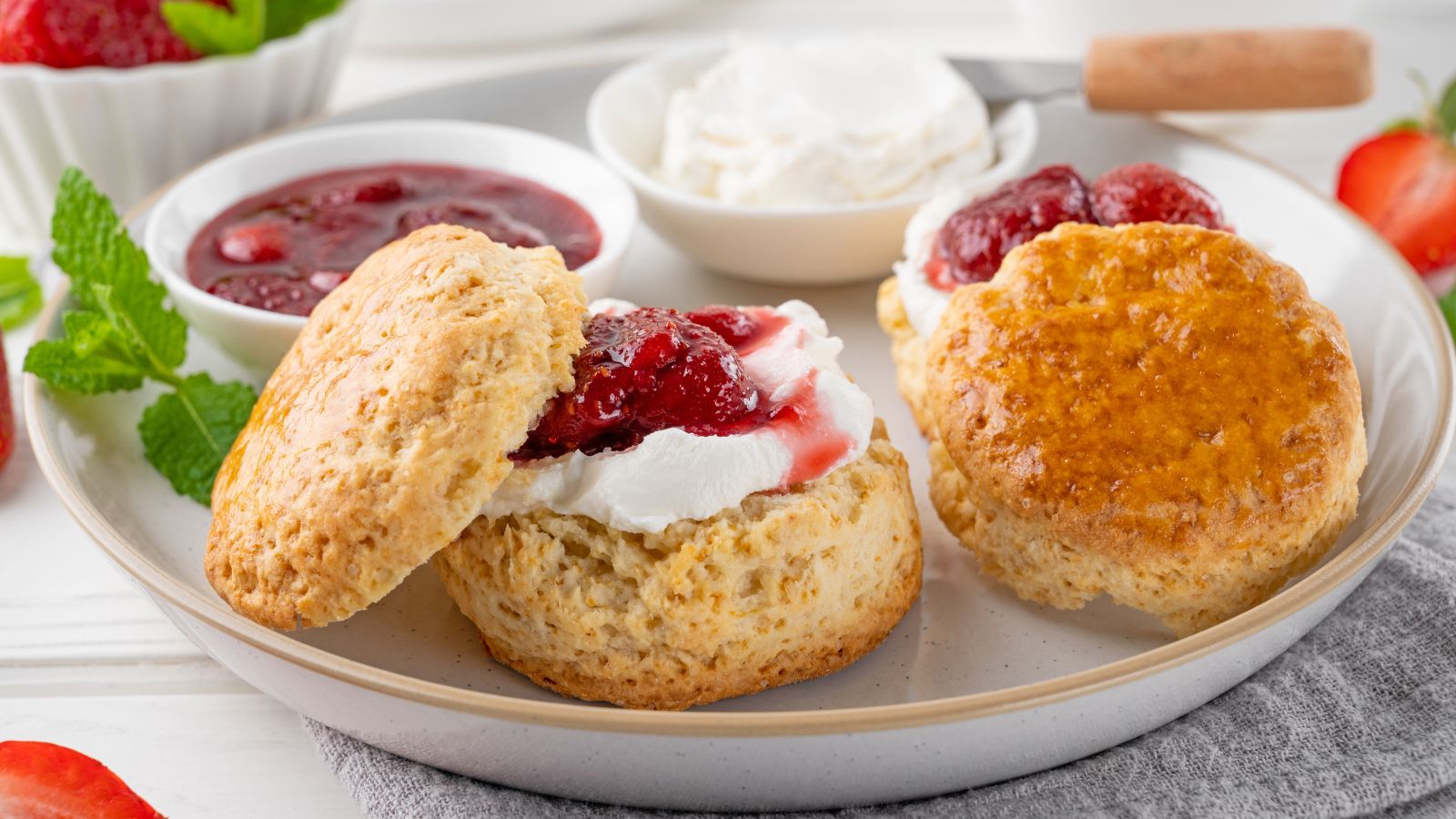
One of the most persistent myths about British food is that it’s bland, but this couldn’t be further from the truth. British cuisine is full of flavour, using a variety of herbs and spices, and dishes like chicken tikka masala, which has become a national favourite, are anything but bland.
Everything Is Boiled
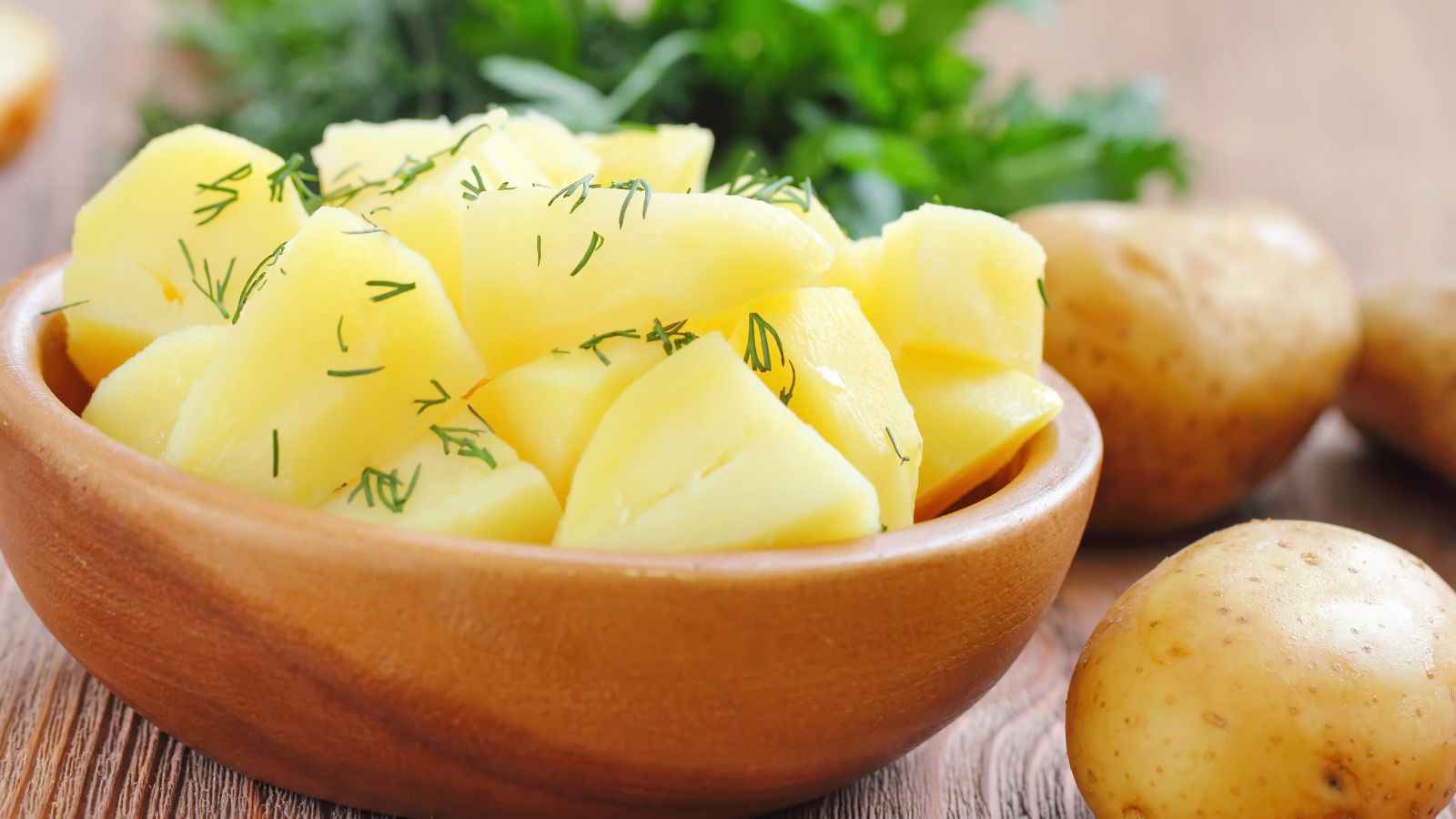
There’s a running joke that people boil everything, but this stereotype is outdated. While boiling was once a common cooking method, today’s British cuisine utilises a range of techniques, including roasting, grilling, frying, and baking. Modern British kitchens are just as likely to feature a slow cooker, air fryer, or sous-vide machine as any other.
It’s Unhealthy
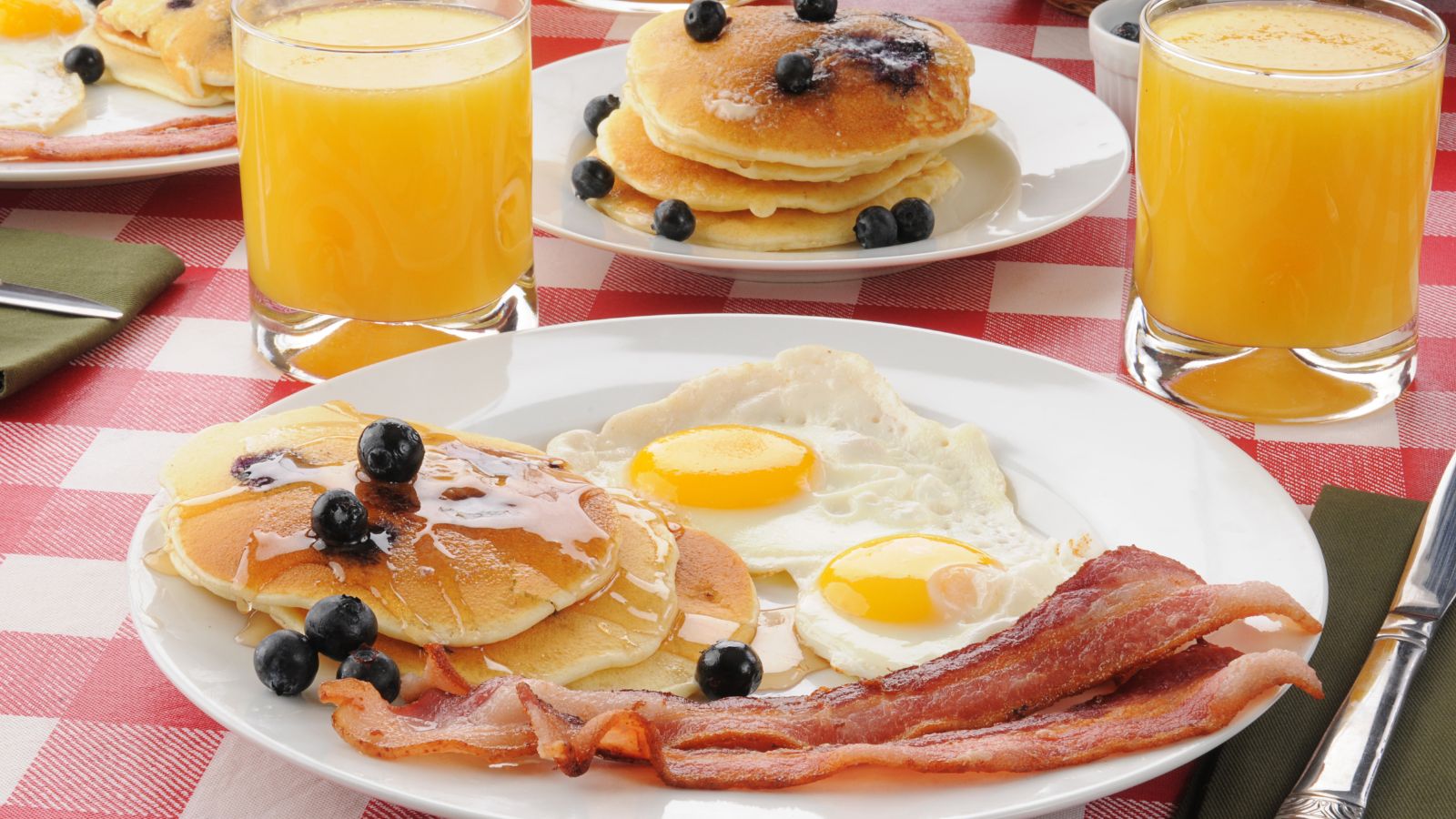
Another misconception is that food in the UK is inherently unhealthy. While traditional foods like the full English breakfast or fish and chips can be high in calories, British cuisine also includes a plethora of healthy options, including salads, roasted vegetables, lean meats, and seafood dishes.
British Food Lacks Diversity

The UK is a melting pot of cultures, and this is reflected in its cuisine. Today, food is heavily influenced by international cuisines, including Indian, Chinese, Italian, and Middle Eastern. This fusion of flavours has created a vibrant and diverse food scene where traditional British dishes often have an exciting modern twist.
Britons Only Eat Meat and Potatoes
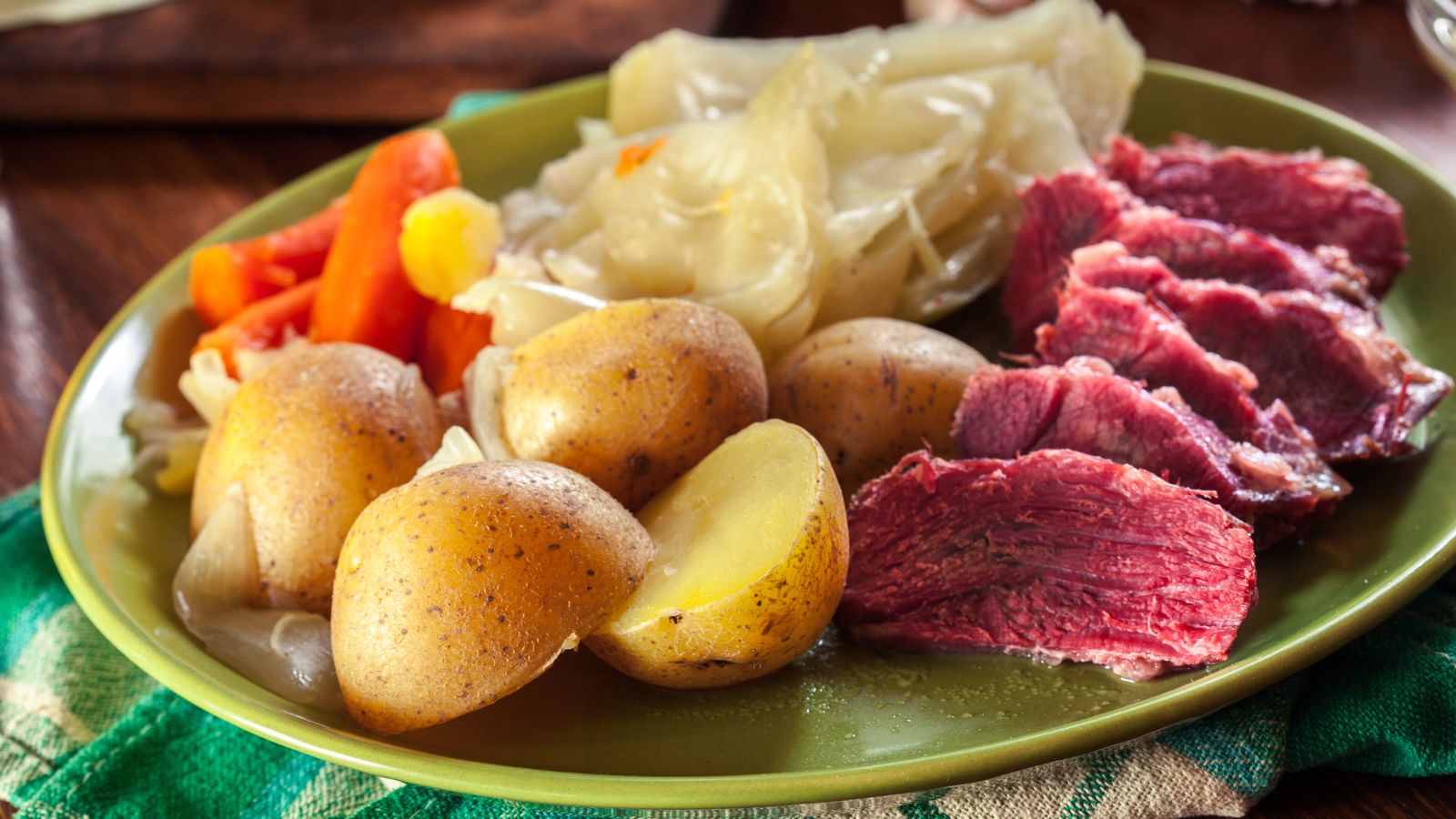
While meat and potatoes are certainly popular in the UK, the British diet is far from limited to these ingredients. The country’s cuisine includes a wide variety of fruits, vegetables, grains, and legumes. Vegetarian and vegan options are widely available and increasingly popular, with many restaurants offering plant-based dishes.
Traditional Dishes Are Outdated
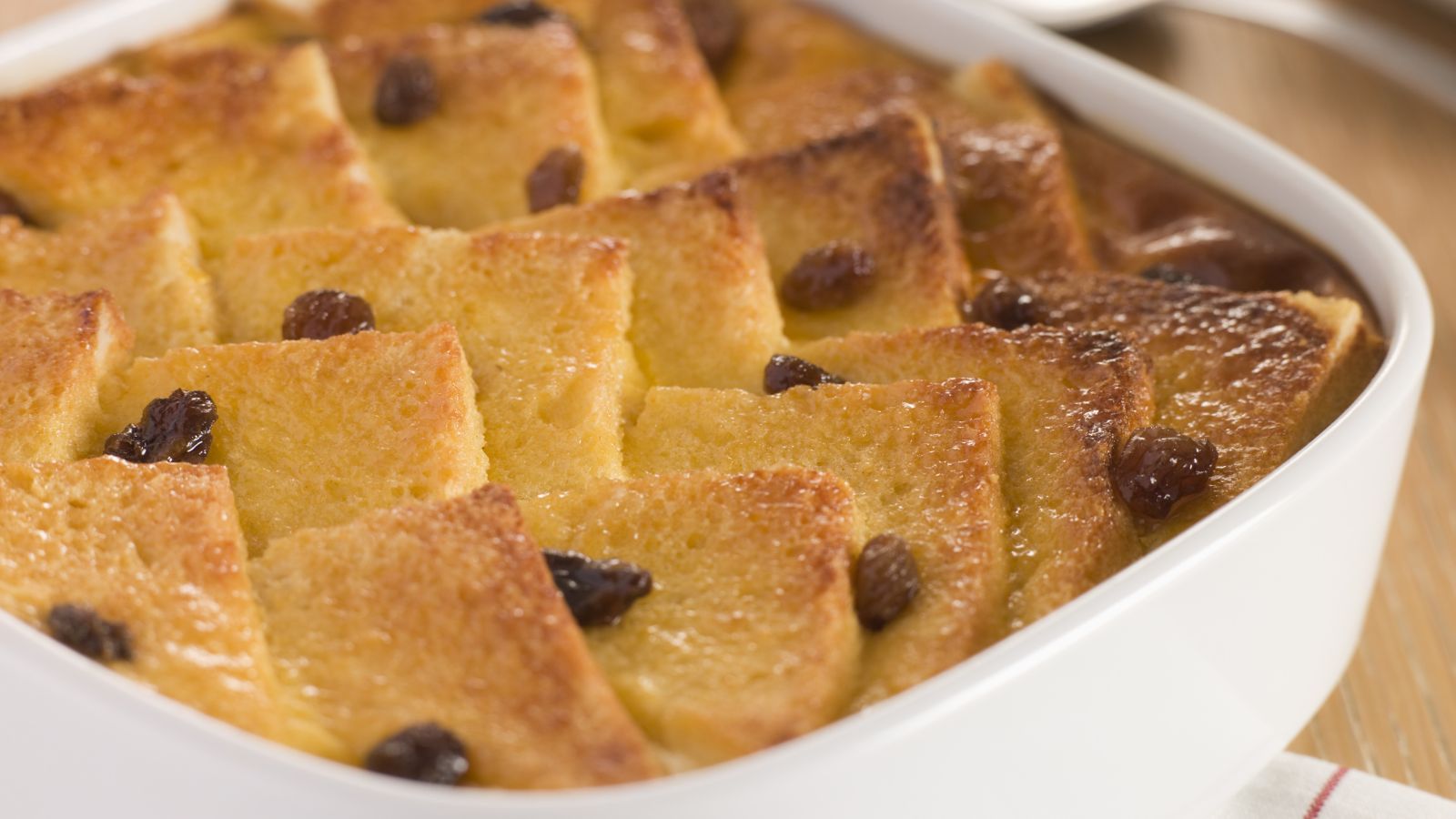
Far from being relics of the past, many celebrate and enjoy traditional dishes. Classics like roast dinners, pies, and puddings have stood the test of time and are regularly featured in modern kitchens and restaurants, where they are often updated with contemporary ingredients.
All Food Is Heavy and Stodgy
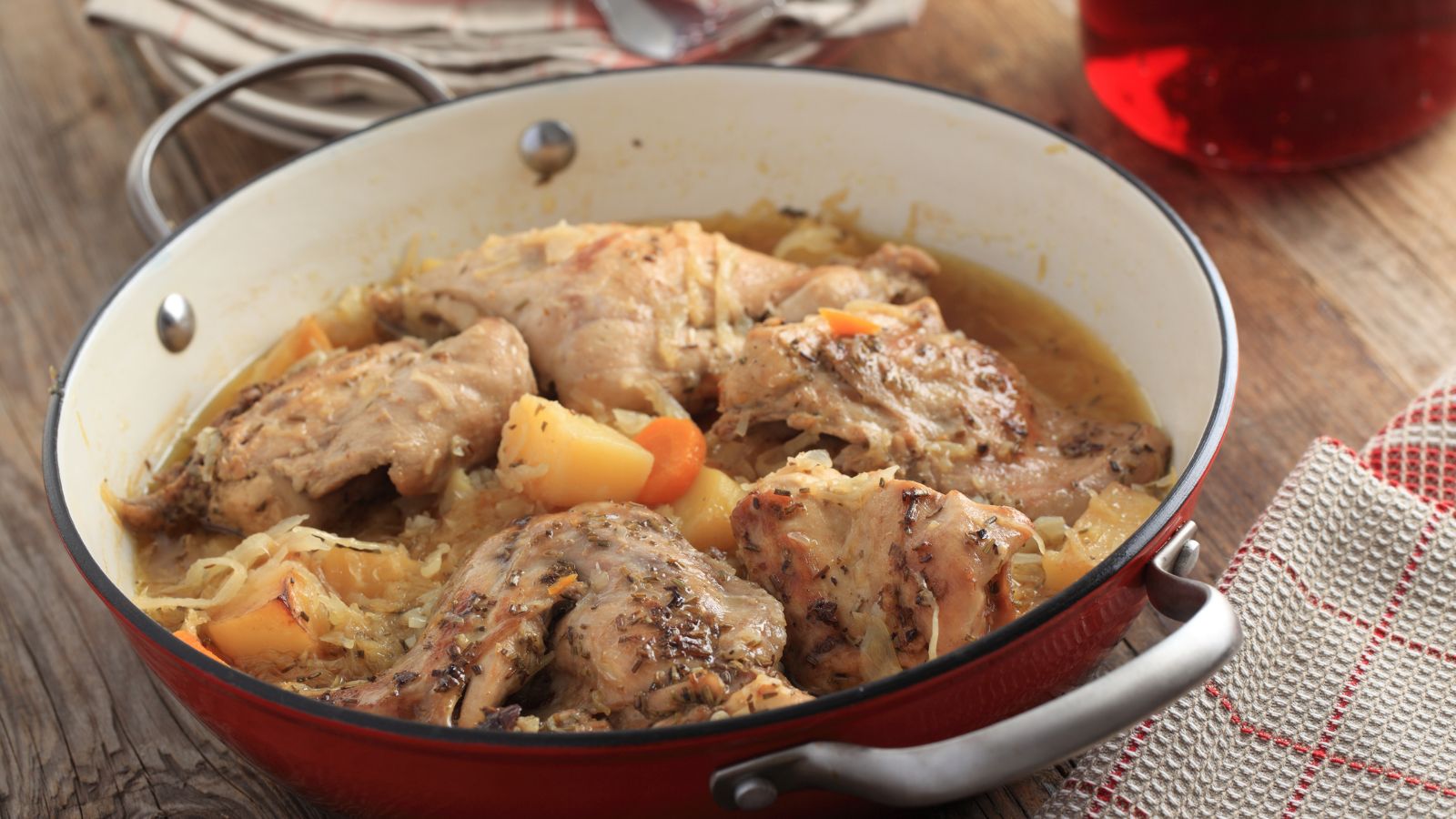
While it’s true that British cuisine includes hearty dishes like stews and puddings, there’s also a lighter side. Seafood, salads, and soups are all part of the British culinary repertoire, and in recent years, there has been a move towards lighter, healthier meals.
Breakfast Is Always a Full English
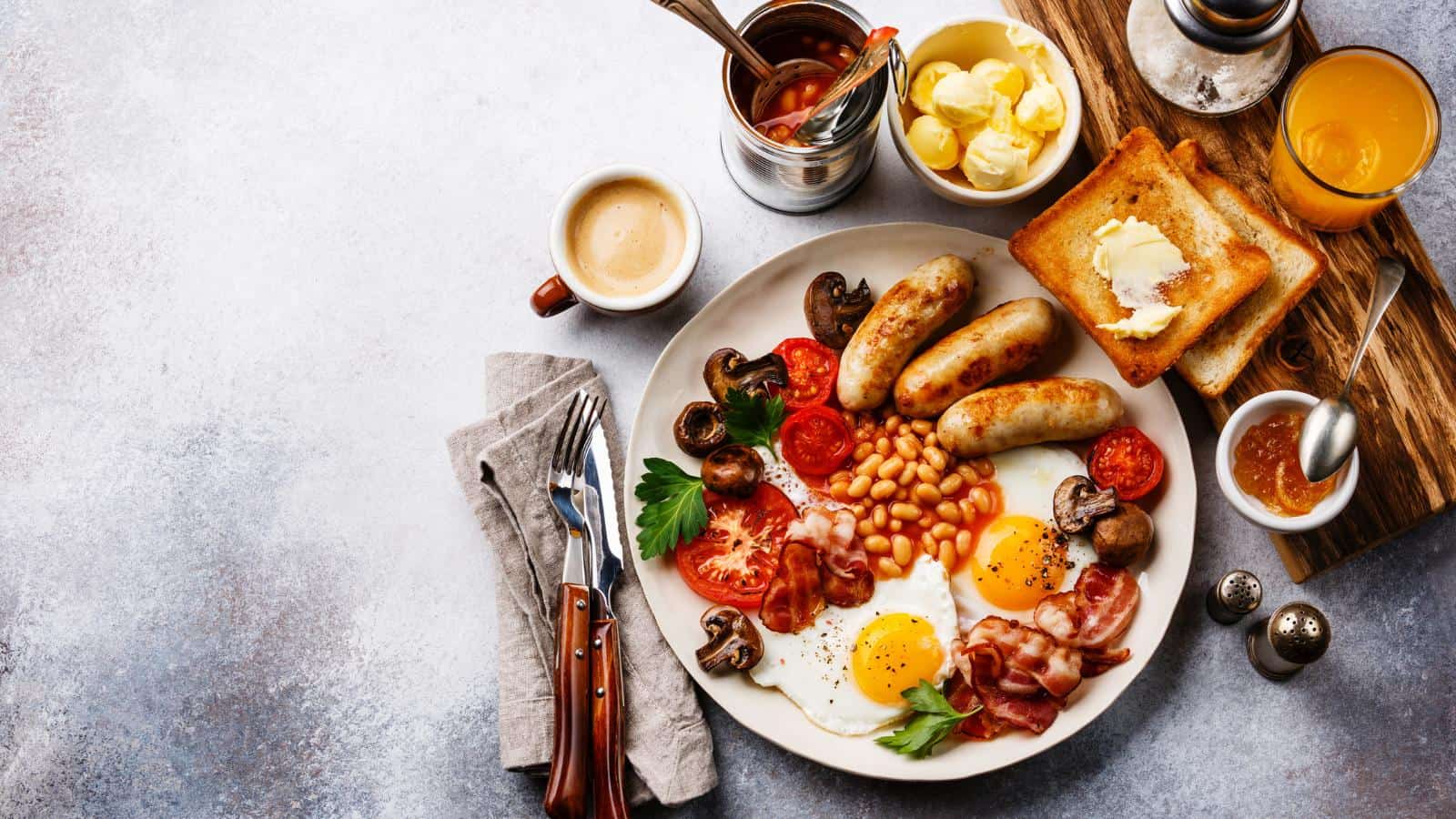
The full English breakfast is indeed a beloved tradition, but it’s not the only option—many British people enjoy lighter breakfast choices like porridge, cereal, toast, or fresh fruit. There’s also a growing trend for continental-style breakfasts, with yoghurt, pastries, and smoothies.
Pies Are All About Meat
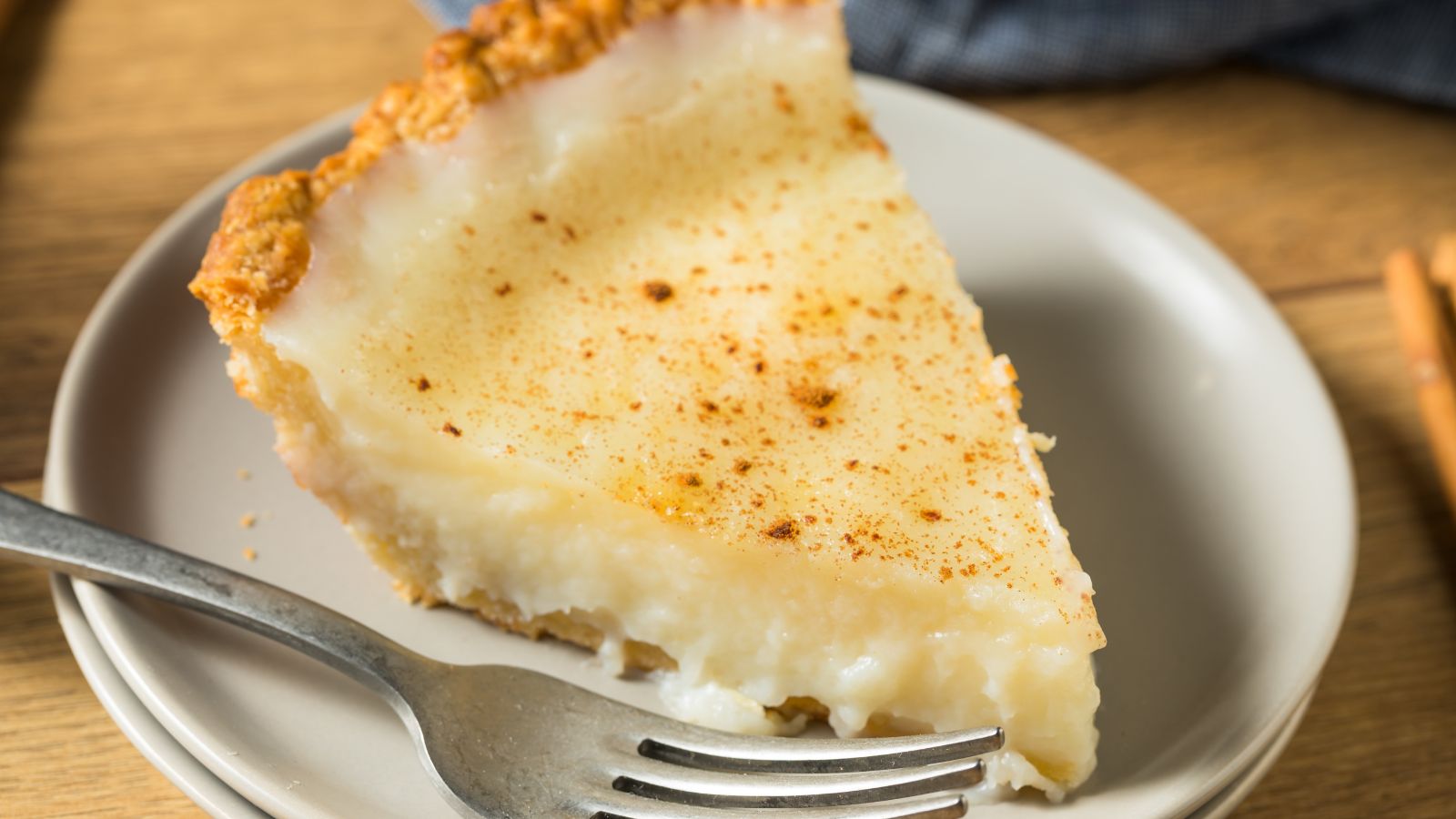
Meat pies are a staple of British cuisine, but a huge variety of pies are available – vegetable pies, fish pies, and sweet pies like apple or rhubarb are all common. The British love of pies is more about the pastry than the filling, with both savoury and sweet options equally cherished.
Desserts Are All Puddings
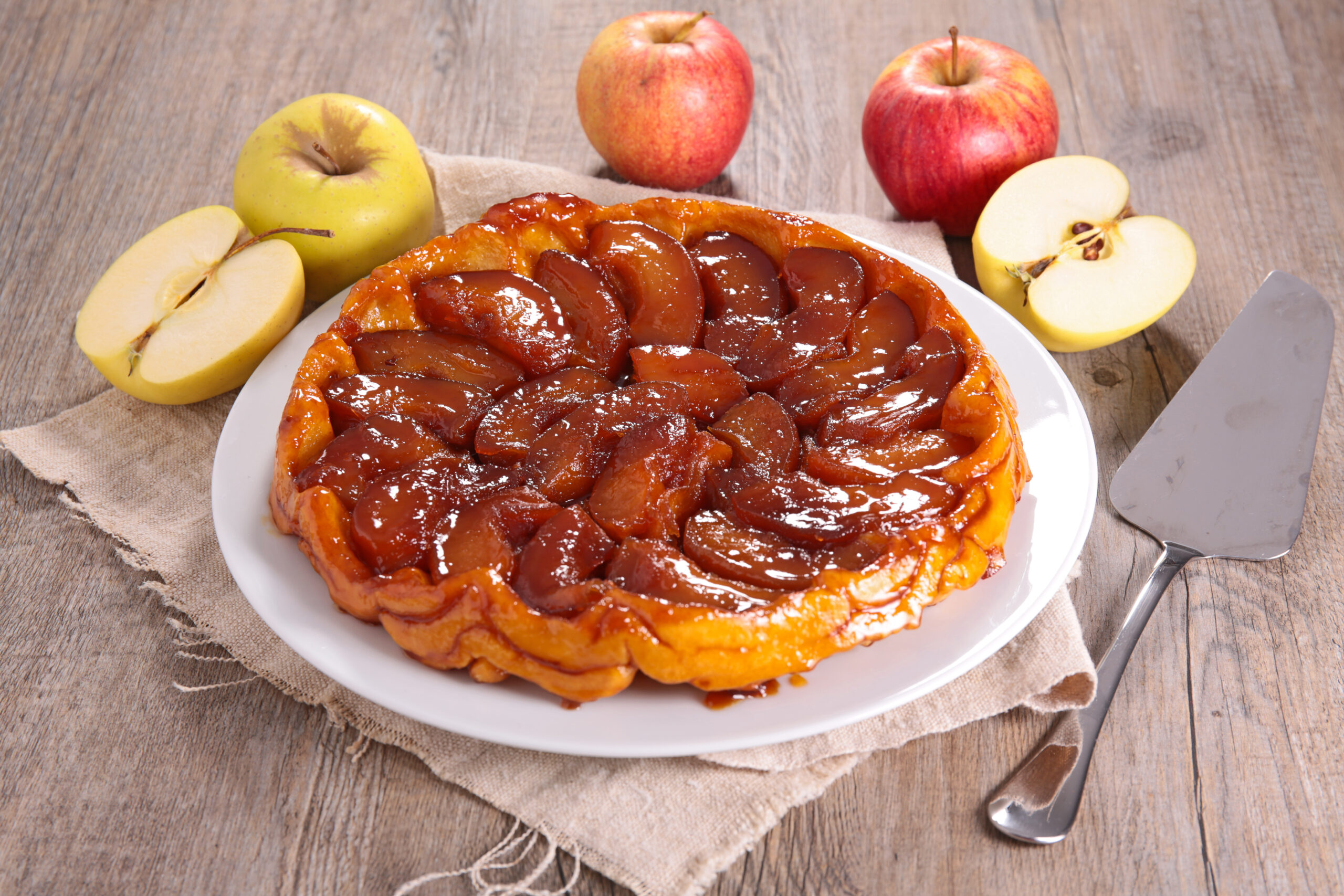
English desserts include many puddings, but there’s much more to the country’s sweet treats, as cakes, biscuits, tarts, and crumbles are all popular. Desserts like Eton mess, Victoria sponge, and treacle tart showcase the variety and creativity of British baking.
Only Older Generations Enjoy Traditional Foods
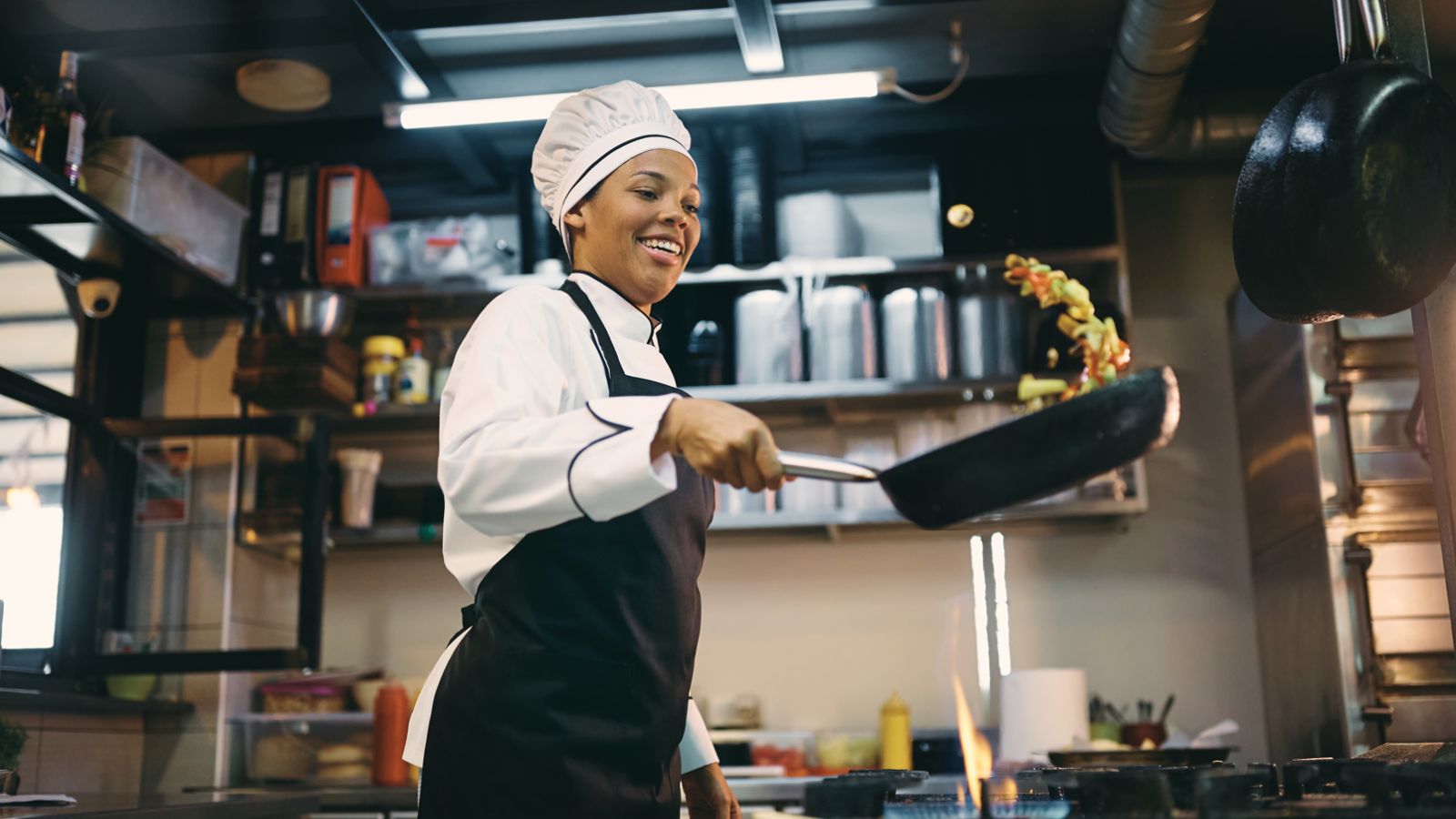
It’s not just the older generations who appreciate traditional foods. Many young people enjoy cooking and eating these dishes, often with a modern twist. The popularity of food blogs and cooking shows has also helped to revive interest in traditional recipes among younger generations.
British People Don’t Care About Food Quality
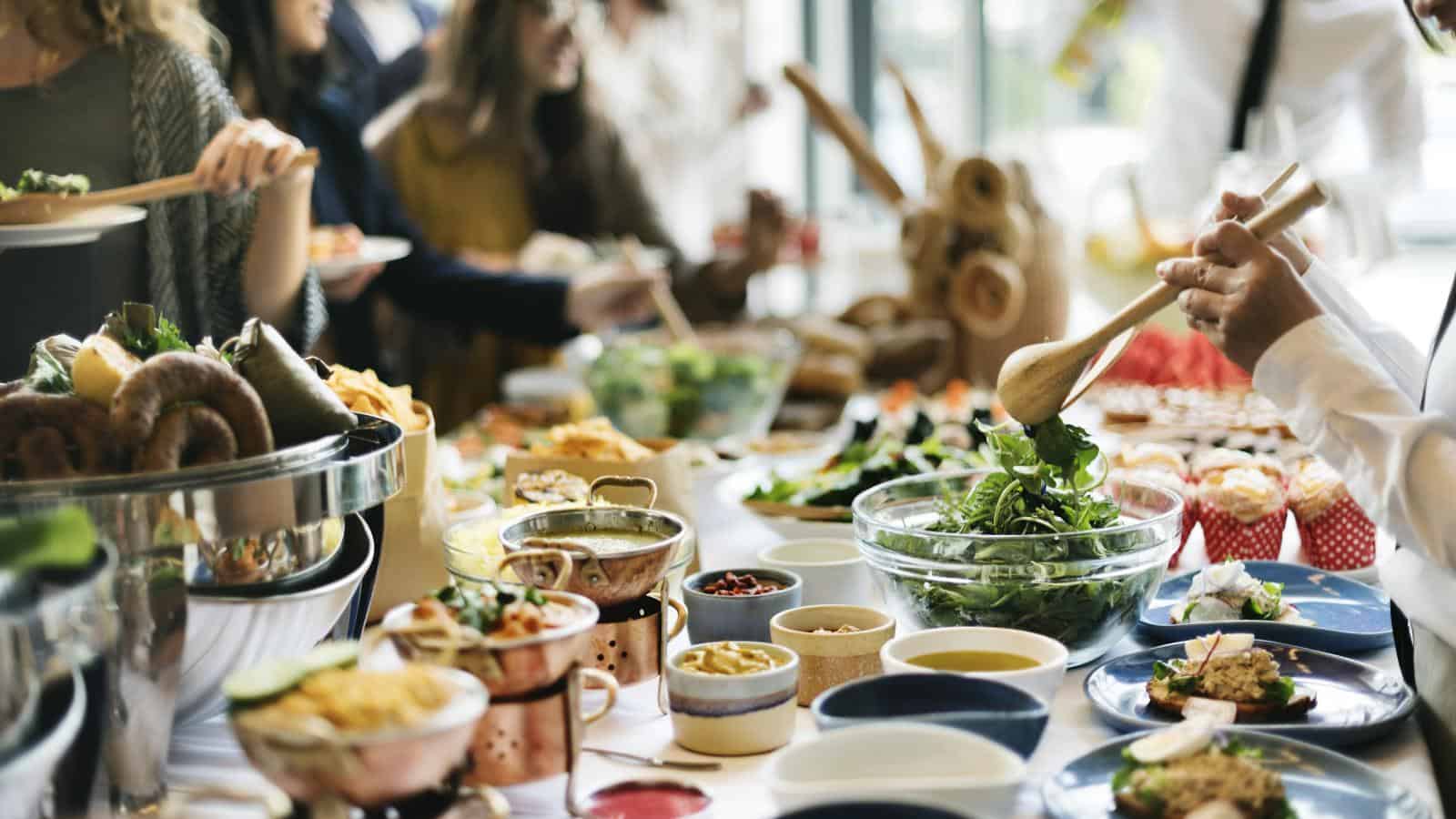
The myth that food quality isn’t a priority is completely false, as the UK has a strong food culture that values quality and provenance. Farmers’ markets, artisan producers, and a focus on organic and local ingredients are all part of the British food scene.
All UK Cheese Is Cheddar
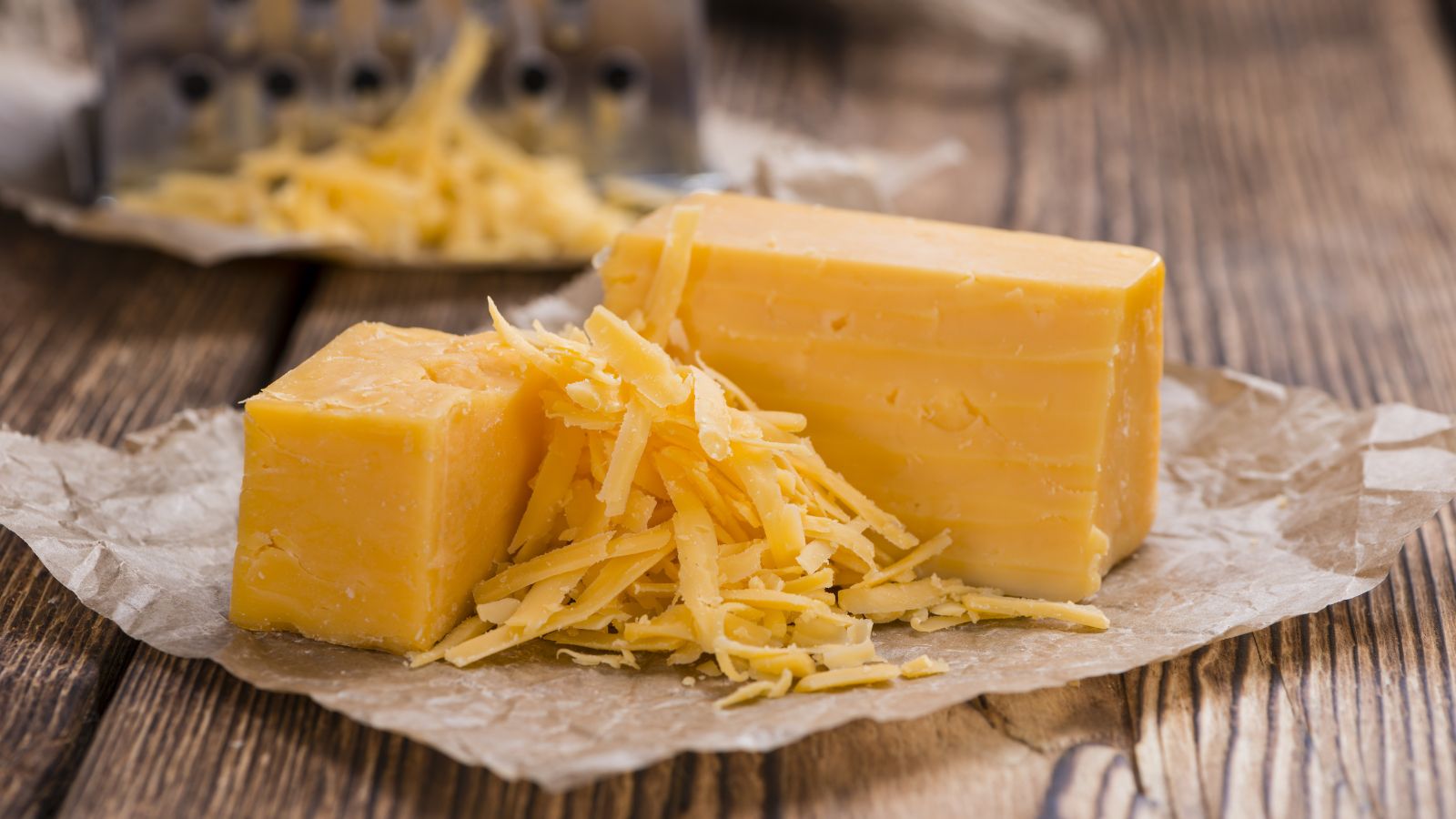
While cheddar is a popular British cheese, the UK produces a wide range of cheeses, including the creamy blue veins of Stilton to the crumbly texture of Wensleydale. Cheesemakers offer a variety of flavours and styles, and there are also many regional specialties, each with its own unique characteristics.
Afternoon Tea Is an Everyday Event

Afternoon tea, with its scones, sandwiches, and cakes, is often thought of as a daily British ritual. In reality, it’s more of a special treat, often enjoyed on weekends or for celebrations. Most British people are more likely to have a quick cup of tea with a biscuit than a full afternoon tea spread regularly.
Food Is Expensive
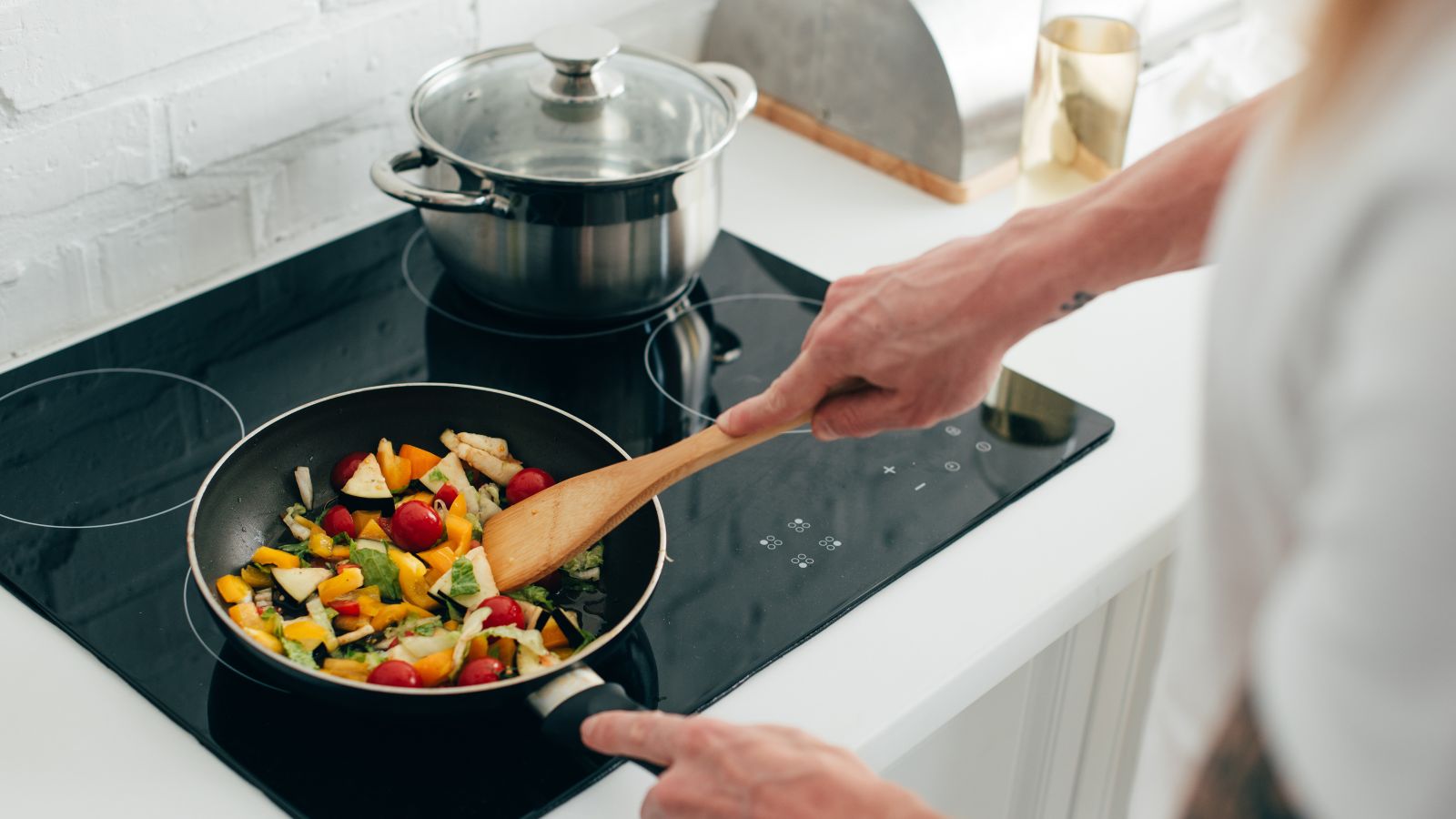
While dining out at high-end restaurants can be costly, UK food doesn’t have to be expensive. There are plenty of affordable options, including street food, pub grub, and home-cooked meals using seasonal, local ingredients. Not to mention, supermarkets offer a wide range of products at different price points, making it easy to eat well on a budget.
Everything Is Overcooked
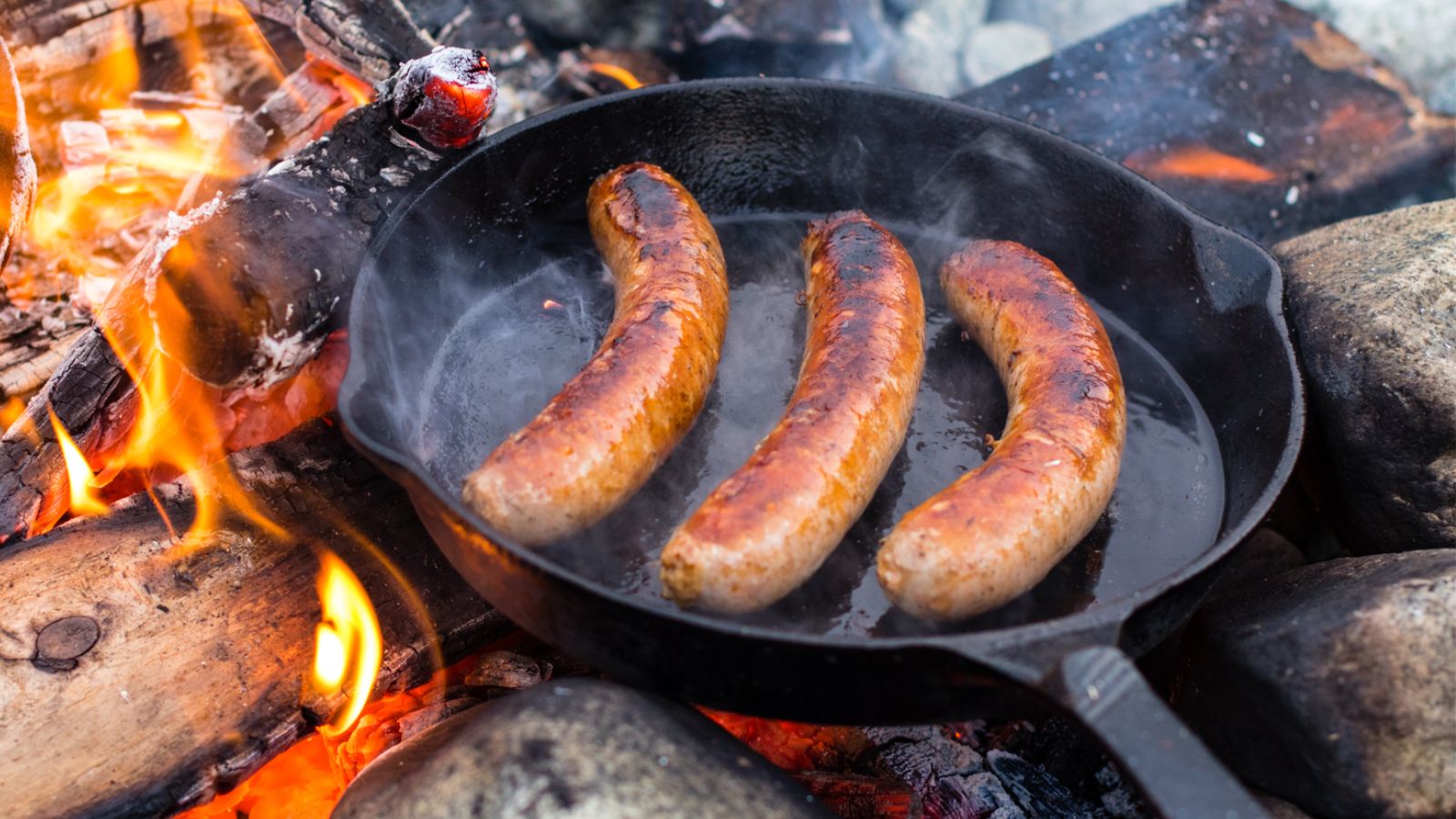
The idea that all food in the UK is overcooked is an outdated stereotype. Modern cooking places a strong emphasis on fresh, high-quality ingredients cooked with care. Whether it’s perfectly seared steak, tender vegetables, or al dente pasta, today’s cuisine values proper cooking techniques and presentation.
British People Don’t Eat Out

The UK has a vibrant dining-out culture, with a wide range of restaurants, cafes, and pubs to choose from. British people certainly enjoy eating out and exploring different cuisines, whether it’s grabbing a quick bite at a local pub, dining at a trendy new restaurant, or enjoying a meal at a classic British chippy.
The UK Doesn’t Have Michelin-Starred Restaurants

Contrary to this myth, the UK is home to many Michelin-starred restaurants. British chefs are renowned for their innovation and culinary skills, earning international acclaim. This includes the experimental dishes of Heston Blumenthal and the refined cuisine of Gordon Ramsay.

